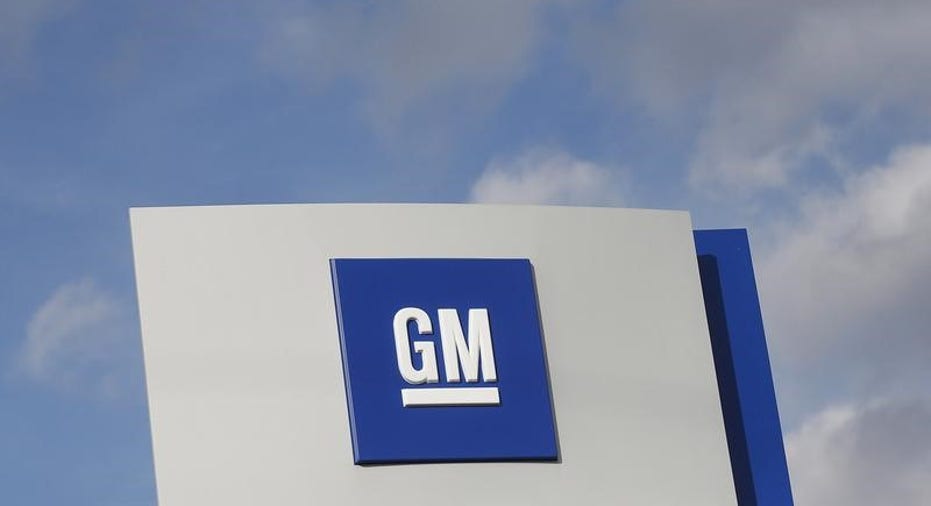GM to Take on $3 Billion in Debt to Fund Pensions Moved to Peugeot

General Motors Co. expects to raise about $3 billion in debt to fund pension obligations it plans to transfer to Peugeot SA as part of the sale of its European business, said finance chief Chuck Stevens.
The U.S. auto maker on Monday said it had agreed to sell its European operations, including its Adam Opel AG subsidiary, for about $1.4 billion, withdrawing from a region where it hasn't made a profit in more than 15 years.
The company has European pension liabilities of $9.8 billion on its balance sheet, of which $6.5 billion is underfunded, Mr. Stevens said during an analyst call Monday. There will be an annual cash requirement of about $300 million to fund the U.K. and German pensions that remain with GM, he said.
GM will pay Peugeot $3.2 billion for the so-called German Actives Plan and "selected smaller plans," offsetting the pensions' current $2.8 billion deficit. The figure includes a premium of $400 million for eliminating or reducing risk at the plans, GM said.
Peugeot expects to take a continuing charge of around $160 million a year for the pension plans it takes over from General Motors, Peugeot CFO Jean-Baptiste De Chatillon told CFO Journal. Peugeot's existing plans are "fully funded," he said.
Pension costs are part of a special charge of up to $4.5 billion that GM will take as a result of the sale of its European operations, Mr. Stevens said. Of that, $1.2 billion stems from previously deferred pension losses.
The pension risk was one of the main concerns surrounding the deal, said Alexis Albert, an analyst at Barclays. "The fact that GM covers most of the pension obligations is good news for Peugeot investors," Mr. Albert said.
Peugeot will be "responsible for all future pension accruals and service costs" for the transferred plans and their retirees, Mr. Stevens said, adding that the move was "another significant step" in limiting GM's global pension liabilities.
However, GM will carry debt for an asset it no longer owns, said Philippe Houchois, an analyst at Jefferies.
"This is a legacy issue that will remain on GM's balance sheet for a while," he said. "They will still be paying for retirees in the U.K. and Germany although they no longer have productive assets here."
On average, it takes companies around 18 years to wind down their pension obligations, Mr. Houchois said.
The move is more beneficial for Peugeot, he said. As GM transfers one of its German plan and smaller European pension plans with a surplus, Peugeot does not have to immediately book new pension liabilities, Mr. Houchois said.
Varying legal requirements make GM's transfer of the existing pension plans necessary, Mr. Stevens said. "It was really a question of different legal regimes and different jurisdictions and, for example, in Germany the liability needs to travel with the employees whereas in other jurisdictions, it didn't," he said.
To move the remaining liabilities off its balance sheet, GM could sell the U.K. pension plan to an insurer, Mr. Houchois said, but the company would need to compensate for the existing deficit.
In the U.S., GM's pension plan at the end of the fourth quarter 2016 had a deficit of $7.2 billion, a decrease of $3.2 billion compared with the previous quarter, according to a company transcript.
Write to Nina Trentmann at Nina.Trentmann@wsj.com



















